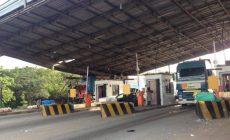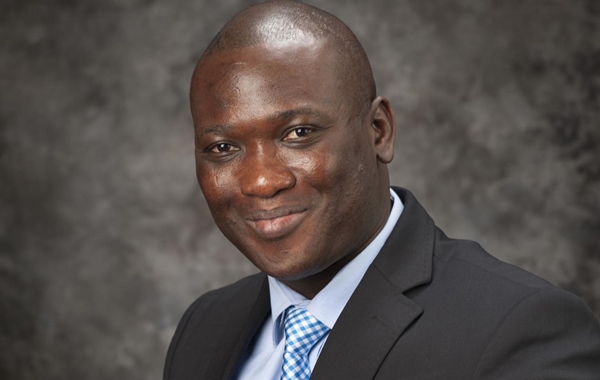Drivers, passengers cry over fuel price hikes
- Posted on
- Comment

Some drivers and passengers on commercial vehicles in Accra have expressed displeasure over the recent increase in fuel prices.
They complained that the prices of fuel products had gone up twice in the past week and were troubled it would cause hardship for consumers.
Fuel prices have increased significantly by 28 per cent over the past 10 months.
The government announced last week that it would abolish the price stabilisation and recovery levies (PSRL) on fuel to provide about 14Gp relief for fuel and liquefied petroleum gas (LPG) consumers.
The proposal is, however, awaiting the approval of Parliament which is currently on recess.
A Deputy Minister of Energy, Mr Andrew Egyapa Mercer, has also explained that the increases in prices in the deregulated downstream petroleum industry was a global trend.
He said the price of crude oil on the international market had been increasing, compelling states to pass on the increases to consumers.
However, some industry watchers such as the Africa Centre for Energy Policy(ACEP), the Chamber of Petroleum Consumers, Ghana (COPEC) and the Trades Union Congress (TUC) maintain that the tall list of taxes on the country’s petroleum pricing was to blame.
They have, therefore, called for the abolition of many of the taxes which they describe as “nuisance levies”.
“We welcome the suspension of the stabilisation and recovery levies on petrol, diesel and LPG. But that is not enough. Those nuisance levies must be abolished to ease the economic pressures on the citizens.
“There are other levies in the petroleum price build-up that can be eliminated to give further respite to Ghanaians,” the TUC said in a recent position paper to the government.
Toll of transport
Some passengers and drivers around the Kwame Nkrumah Circle Interchange in Accra expressed worry about the persistent increase in prices of ex-pump petroleum products, saying it was having a toll on the activities of transport services and their operators in the country.
The current price shows an increase of four per cent with diesel and petrol selling at GH¢6.30 averagely per litre at the filling stations in Accra.
Many people the Daily Graphic spoke to said following the development, they feared an increase in transport fares before the end of the year.
Transport fares were last increased in June this year.
Transport fares
An official of OA Travel and Tours, a private transport company in Accra with long distance shuttle routes, lamented the increase in prices of fuel over the period, although the government had refused to permit transport operators to increase fares.
The official, who did not want to be named, said it was having a negative effect on the profitability of transport operators.
The General Manager of VIP Jeoun Transport, Mr Adakabre Frimpong-Manso, said in spite of the fuel price hike, the company, which had 700 coaches, had not increased it fares.
The Second Trustee of Ghana Private Road Transport Union (GPRTU) at the Neoplan Station, Mr Otis Addai-Duah, also explained that the fuel price increases had affected their members negatively.
He explained that the amount of money spent on a litre of fuel purchased for a journey from Accra to the various destinations plied by their members had shot up because of the price hikes at the fuel pumps.
“This comes at an extra cost and it is reducing the profitability of the transport services we offer. We have shielded our passengers from paying more and bearing the cost, but we have reached a point that we are unable to carry on,” he said.
He gave an assurance that the union was putting in measures such as holding deliberations to find solutions that would cater for the welfare of both drivers and passengers.
-Graphic










 (Selorm) |
(Selorm) |  (Nana Kwesi)
(Nana Kwesi)